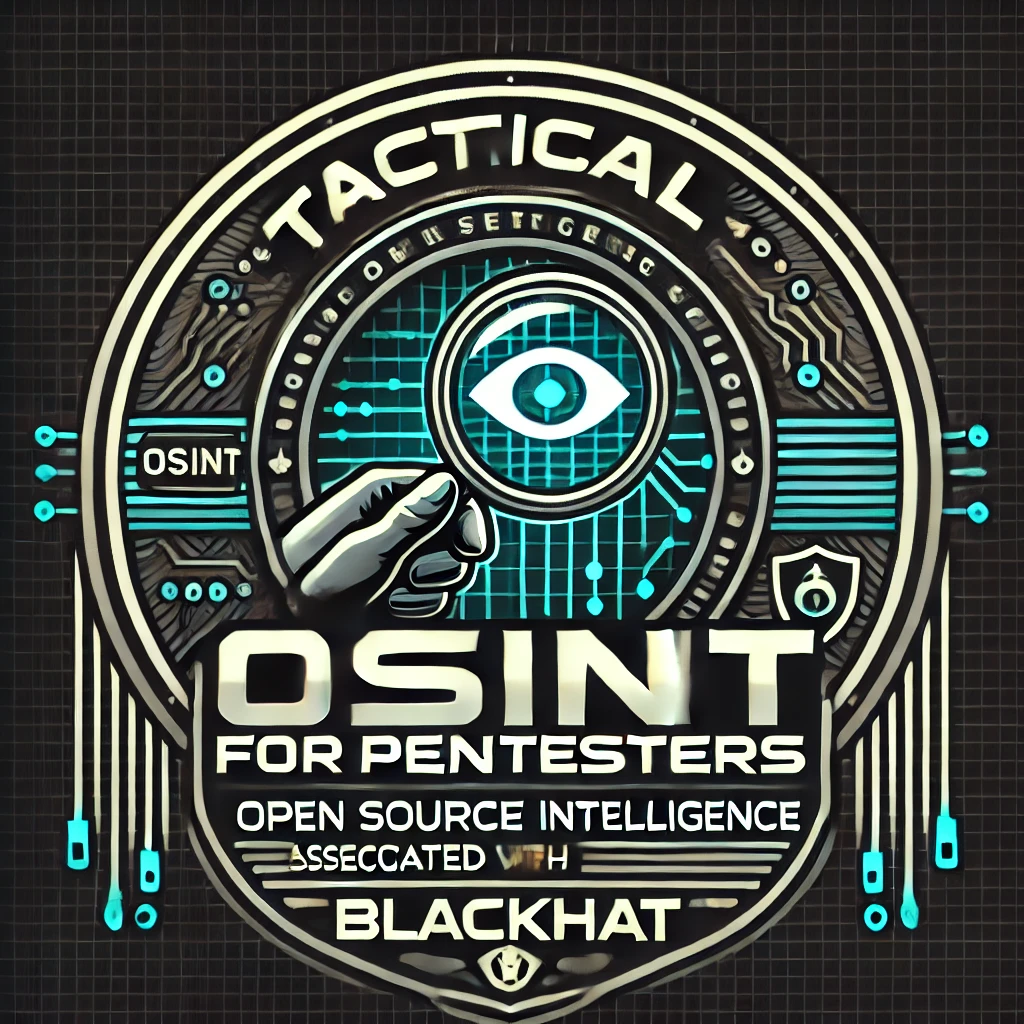
This BlackHat training will cover topics like Mapping the Attack Surface, Enriching Collected Data, Tech Stack Enumeration, Cloud Recon, Employee Profiling, Identifying Hidden Injection Points, Credential Spraying, Compromising Federation Server, Exploiting Domain Trust, Social Engineering, and much more. Participants will perform real-life attack scenarios in our lab having a Forest Environment expanding over segregated Domains to compromise various services. Also, using Social Engineering and Human aspect of OSINT, students will be guided to compromise the segregated domain environment which otherwise is unreachable through previously compromised domain. The training will not only cover these topics but will also go in-depth on how OSINT techniques can be chained together and even a small piece of information can lead to the catastrophic damage to an organization.








